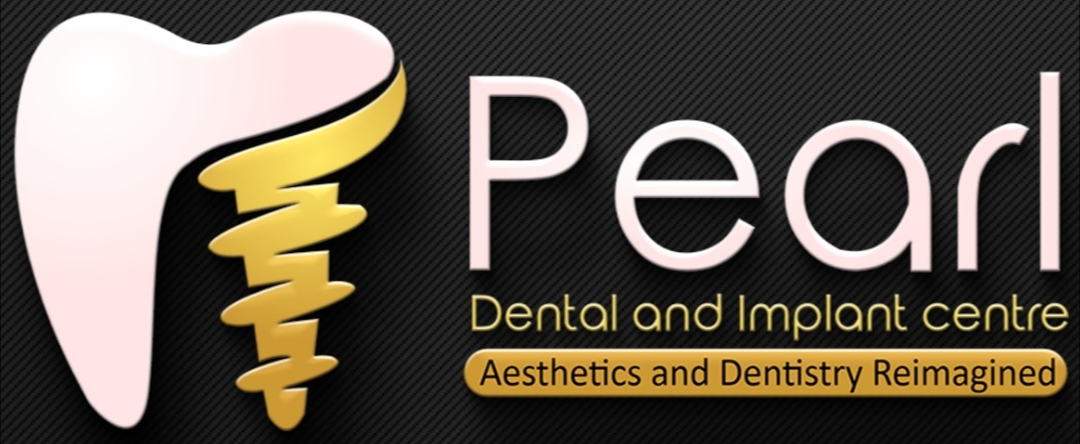Oral Implantology: Permanent Tooth Replacement for Restored Function
Tooth loss can significantly impact not only your smile but also your ability to speak and eat comfortably. Fortunately, Oral Implantology offers a permanent solution through dental implants that restore both the function and appearance of missing teeth. This blog will explore the benefits of oral implantology, the implant process, and how it can improve your overall oral health.
What Is Oral Implantology?
Oral implantology is a specialized field in dentistry that focuses on the replacement of missing teeth using dental implants. Dental implants are artificial tooth roots, typically made of titanium, that are surgically inserted into the jawbone to provide a stable foundation for replacement teeth, such as crowns, bridges, or dentures.
Unlike traditional dentures or bridges, implants integrate with the bone and act like natural teeth, offering greater stability and longevity.
Why Choose Dental Implants?
Dental implants have become the preferred choice for tooth replacement due to their many benefits:
- Permanent Solution: Implants are designed to last a lifetime with proper care, unlike dentures or bridges that may need to be replaced over time.
- Natural Appearance: The crown placed on the implant is custom-made to match the color and shape of your natural teeth, offering a seamless, natural look.
- Restored Functionality: Dental implants restore full chewing power, allowing you to eat your favorite foods without discomfort or difficulty.
- Jawbone Preservation: Implants help preserve the jawbone by stimulating bone growth, preventing the bone loss that usually occurs with missing teeth.
- Improved Speech: Unlike ill-fitting dentures, dental implants don’t slip, helping you speak clearly without worry.
The Dental Implant Process
Getting dental implants involves several key steps:
- Initial Consultation: Your dentist will perform a thorough examination, including X-rays or 3D scans, to assess your jawbone and plan the implant placement.
- Implant Placement: During the surgical procedure, a titanium implant is placed into the jawbone. Over time, the implant fuses with the bone in a process called osseointegration.
- Healing Period: It typically takes a few months for the implant to fully integrate with the bone. During this time, a temporary crown or denture may be used.
- Abutment and Crown Placement: Once the implant has healed, an abutment (connector) is placed on the implant, followed by a custom-made crown, bridge, or denture.
Who Is a Candidate for Oral Implants?
While dental implants are an ideal solution for many people, certain conditions must be met:
- Good Oral Health: You should have healthy gums and be free of gum disease.
- Adequate Jawbone: Sufficient bone density is needed to support the implant. If bone loss has occurred, bone grafting may be necessary.
- Commitment to Oral Care: Maintaining proper oral hygiene and attending regular dental visits are essential for the long-term success of your implants.
How to Care for Your Dental Implants
Taking care of your implants is similar to caring for natural teeth:
- Brush and Floss Daily: This helps remove plaque and prevent gum disease.
- Regular Dental Visits: Schedule check-ups every six months to monitor the health of your implants and surrounding tissues.
- Healthy Lifestyle: Avoid smoking and excessive alcohol consumption, as they can affect healing and increase the risk of implant failure.
The Lifespan of Dental Implants
Dental implants are a long-term investment in your oral health. With proper care, they can last a lifetime. Unlike dentures, which may require frequent adjustments or replacements, implants provide a stable and permanent solution.
Conclusion
Oral implantology offers a reliable and permanent solution for replacing missing teeth, helping you restore both function and confidence. By choosing dental implants, you can enjoy the benefits of a natural-looking smile, improved speech, and the ability to eat comfortably. For personalized advice and to explore your implant options, consult with a dental professional who specializes in implantology.
